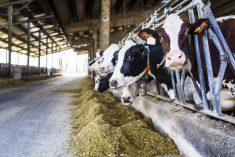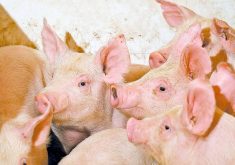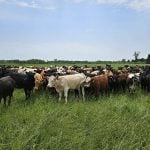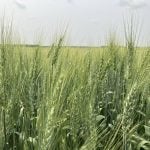A team of University of British Columbia microbiologists has identified a key defence mechanism used by the immune system against Listeria with strong implications for the future development of vaccines.
Listeria is the bacteria that causes listeriosis, a food-borne infection that caused 22 deaths in Canada in an August 2008 outbreak in meat products produced by Maple Leaf Foods.
“We know a great deal about how our body’s adaptive immune system reacts to viruses but generally very little about immune response against bacterial infections,” says Wilfred Jefferies, a professor at UBC’s Michael Smith Laboratories and Biomedical Research Centre.
Read Also

British company Antler Bio brings epigenetics to dairy farms
British company Antler Bio is bringing epigenetics to dairy farms using blood tests help tie how management is meeting the genetic potential of the animals.
The study, published in the online journal PLoS ONE, focuses on dendritic cells that help activate the immune system. Dendritic cells collect pathogen materials and present them to other parts of the immune system – such as T-cells – a mechanism called cross-presentation.
“Dendritic cells are gatekeepers; they are small in numbers but very active in patrolling tissues that are in contact with the external environment, such as the skin,” says Jefferies. “Their job is to apprehend the pathogens while avoiding getting infected.”
“We’ve found that they achieve this by sampling bits and pieces of the bacterial pathogens in the area surrounding infected cells, instead of directly approaching the bacteria.”
Their research also shows that when cross-presentation is deactivated, the host becomes severely compromised in its ability to generate the appropriate T-cells to fight the Listeria infection.
“This knowledge will ultimately aid in the design of vaccines against bacteria and other pathogens,” says Jefferies.















